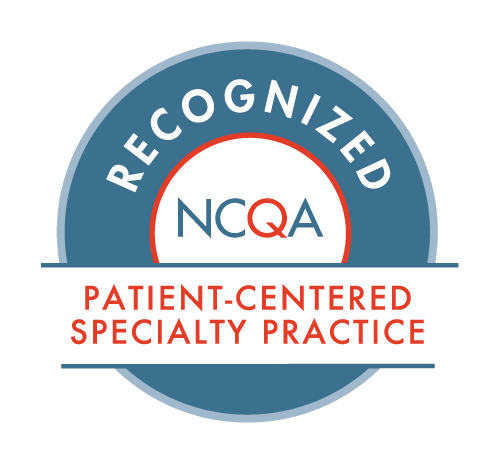What Is Heart Failure?
- Posted on: Mar 21 2022
If you or someone you love has been told they have heart failure, or if you have a family history of heart failure, it can be intimidating. However, knowledge is power. Here’s what you need to know about heart failure, including the signs to look out for.
What Is Congestive Heart Failure and How Is It Diagnosed?
When you have heart failure, also known as congestive heart failure, it means your heart muscle has lost some of its pumping strength. Compared to a healthy heart, it can only pump a fraction of the blood into the circulation with each heartbeat, which means that your organs can struggle to get sufficient blood and oxygen. Heart failure is typically diagnosed based on information from a medical interview, physical exam, blood tests, and various diagnostic tests, including an ultrasound of your heart.
What Are the Symptoms?
When your heart has trouble efficiently pumping blood throughout your body, and returning it to the heart and lungs, it can lead to some of the more common signs of heart failure, including:
- Swelling of the feet or lower extremities
- Weight gain
- Shortness of breath, especially when lying flat
- Extreme tiredness
- Difficulty with daily activities, such as going up the stairs
Depending on which side of your heart is having difficulties, you may experience other symptoms, as well.
What Are the Causes and Risk Factors of Heart Failure?
Heart failure can happen when there is damage to the heart muscle itself. This can occur due to a heart attack (myocardial infarction), high blood pressure, a condition of an enlarged or dilated heart, or an infection of the heart muscle, just to name a few.
The more common risks include medical conditions such as coronary artery disease, diabetes, high blood pressure, valvular heart disease, and obesity. The risk is also higher in people who smoke cigarettes, eat high-fat foods, eat a lot of sodium, drink alcohol excessively, and are sedentary.
What Are the Treatments for Heart Failure?
Fortunately, there are many different types of treatments, including prescription medications, procedures, and even a heart transplant. If you have heart failure, you may be counseled about lifestyle changes you can make, such as reducing your liquid or salt intake or getting more physical activity. Each person’s medical history is unique, so always discuss with your doctor which treatment option is right for you.
How Can You Prevent Heart Failure?
You can take many steps to prevent heart failure. Keeping your heart as healthy as possible can reduce the risk of events that can lead to heart failure, so make sure to stay within an optimal body weight, eat a heart-healthy diet, exercise, avoid a sedentary lifestyle, don’t smoke, limit your alcohol intake, and do not use recreational drugs.
When Should You See a Doctor?
If you think you may be experiencing symptoms, or if you have signs of heart failure, follow up with your doctor as soon as possible. This is especially critical if you have rapid weight gain or are having chest pain or difficulty breathing. If you are in distress, seek emergency care.
At Hunterdon Cardiovascular Associates (HCA), we are experts at identifying and treating heart failure at every stage. We even have a program dedicated to it called the Hunterdon Heart Care Program. Our specialized team utilizes a multidisciplinary and whole-team approach to managing heart failure.
We take great pride in helping our patients feel better and optimize their heart health so they can continue enjoying a high quality of life. We are dedicated to providing the highest quality of cardiovascular care, and we are a patient-centered specialty practice accredited by NCQA, The National Committee of Quality Assurance.
To make an appointment with a cardiologist at one of our conveniently-located offices in Flemington, Clinton, or Bridgewater, please contact us today.
Posted in: Uncategorized



